Three-Day Workshops/Seminars—Run Wed, Thur, and Fri pm. Cost $949 (Includes panels & evening readings, lunch & dinner)
—Melissa Balmain & KEVIN DURKIN, Allison Joseph, DAVID M. KATZ, Joshua Mehigan
TWO-DAY WORKSHOPS/SEMINARS— Cost $250 per workshop
—Dan Albergotti
One-Day Workshops— Cost $150 per workshop
—CHAD ABUSHANAB, Austin Allen, Matt Miller, Clare Rossini,
METRICAL CONSULTATION—COST $50 FOR 30 MINUTES
—ANNA M. EVANS
Panels & Evening Readings, Lunch & Dinner Only—Cost $649
Three-Day Workshops/Seminars
Spinning the News into Comic Gold
with Melissa Balmain & Kevin Durkin
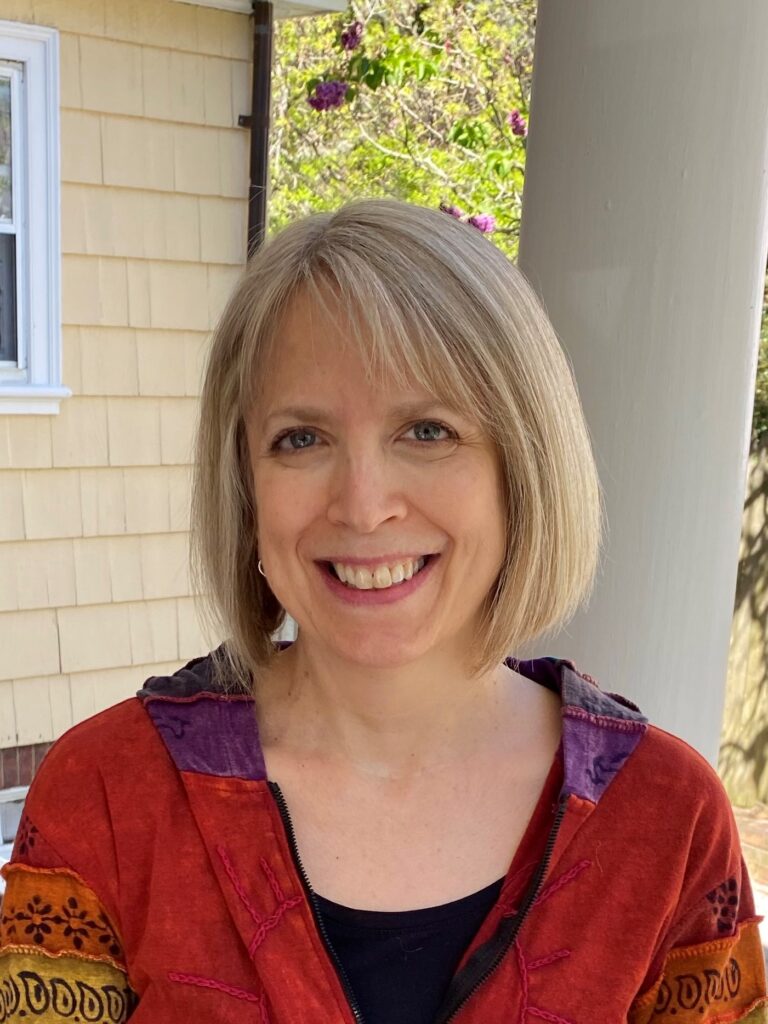
You’ve read or heard a news story that strikes you funny and/or feels ripe for ridicule—now what? In this workshop, we’ll explore approaches that help poets go beyond mere rehashings of the news to create topical verse that surprises, skewers, and delights. Brainstorming techniques before writing are just as important as writing techniques; the workshop delves into both. Participants will be invited, via email, to share some of their favorite funny poems inspired by the news, as well as poems-in-progress for feedback.
Melissa Balmain is Editor-in-Chief of Light, America’s premier journal of comic verse; she teaches humor writing and poetry writing at the University of Rochester. Her poetry collections are Walking in on People (chosen by X.J. Kennedy for the Able Muse Book Award) and The Witch Demands a Retraction: Fairy Tale Reboots for Adults (Humorist Books). Her next full-length collection, Satan Talks to His Therapist, is due out in fall 2023 from Paul Dry Books. She is a recovering mime.
Kevin Durkin is the recipient of the first Jon Tribble Editors Fellowship. Durkin, a dedicated editor in both his professional and creative life, is Managing Editor at The Huntington Library, Art Museum, and Botanical Gardens, as well as Managing Editor of Light magazine.
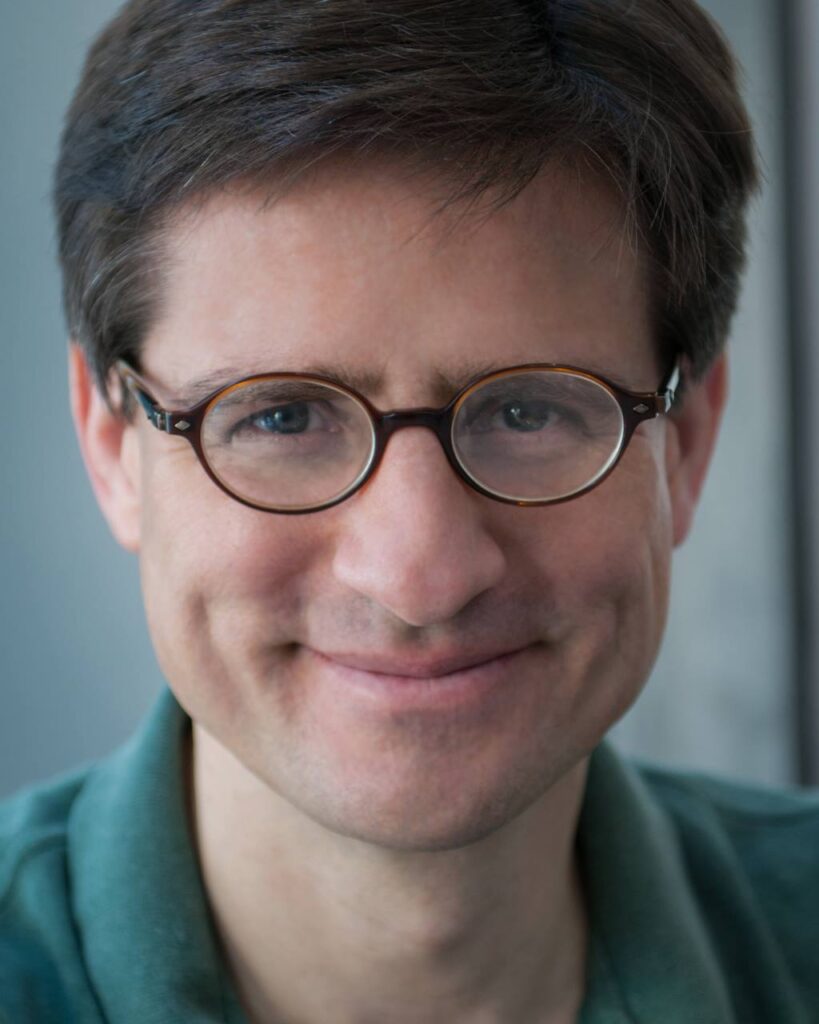
Staying Poetically Productive
with Allison Joseph
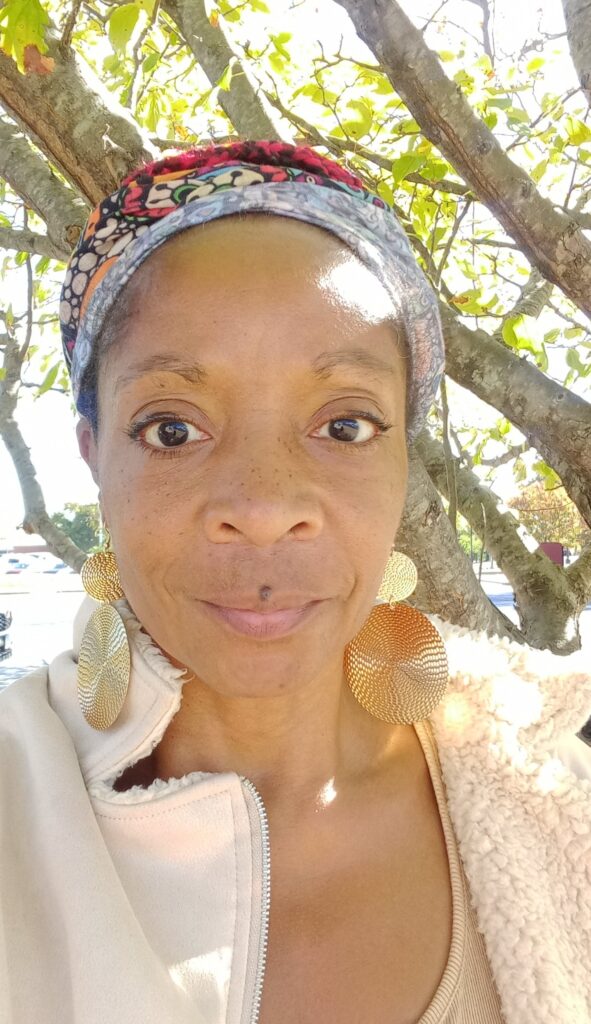
How do you stay productive as a poet when you are short on time, patience, or money? In this workshop, we will explore practical answers to that question. We will do exercises in shorter poetic forms (the cinquain, the triolet, the rondeau, the lai, and the rondolet). We’ll discuss the phenomenon of the “micropoem.” Shorter forms can often revive interest in larger projects such as sonnet sequences or provide a forum for lighter subject matter. Humor will be a topic of discussion as well. We’ll discuss how to use shorter forms to address current events so that those poems can find an audience sooner. Come prepared to uncover new creativity strategies.
Allison Joseph lives in Carbondale, Illinois, where she is on the faculty at Southern Illinois University. Her most recent collections of poems are Lexicon (Red Hen Press, 2021, PBTS Best Book Award winner), Any Proper Weave (Kelsay Books, 2022), Speak and Spell (Glass Lyre Press, 2022), and Confessions of a Barefaced Woman (Red Hen Press, 2018). Confessions of a Barefaced Woman won the 2019 Feathered Quill Book Award and was a finalist for the 2019 NAACP Image Award. She was named Illinois Author of the Year for 2022 by the Illinois Association of Teachers of English. Her poems have appeared in the New York Times and in the Best American Poetry Series. She is the widow of beloved poet and editor Jon Tribble.
Master Poets Critical Seminar: marianne moore
with David M. Katz
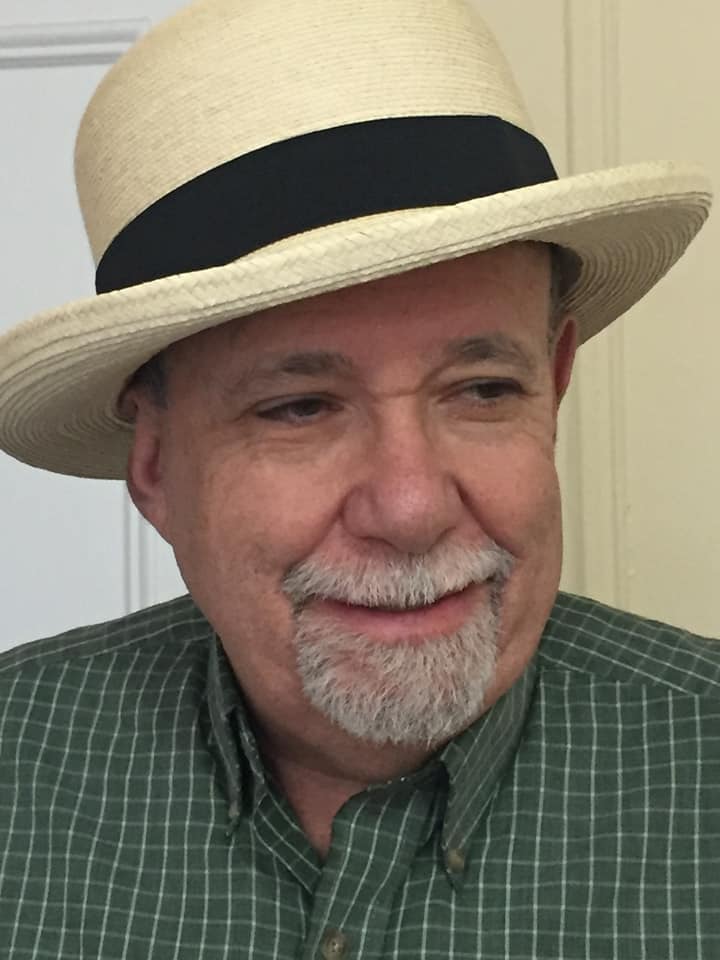
For the first time, Poetry by the Sea is excited to offer a Master Poets Critical Seminar as part of the May 23-26, 2023, Conference. Led by poet David M. Katz, the three-day seminar will zero in on the work of Marianne Moore. Generally regarded as one of the great geniuses of Modernism, Moore was as acute a formalist as America has produced, practically inventing and powerfully enriching the use of syllabics in American poetry. Another focus of her technique is the art of quotation, by means of which Moore plucks materials from newspapers, fleeting conversations, and advertising — and fashions them into extraordinarily precise verse. In preparation for the seminar, participants will independently study Moore’s work. At the Conference, each participant will be asked to make a brief presentation to other seminar participants on a Moore poem of their choice. Participants can opt for the seminar when registering for the 2023 Conference. For more information or to contact the seminar leader, email poetryby_thesea@yahoo.com with the subject line “Seminar.”
David M. Katz is the author of four books of poetry—In Praise of Manhattan, Stanzas on Oz, and Claims of Home, all published by Dos Madres Press, and The Warrior in the Forest (House of Keys). Poems of his have appeared in Poetry, The Paris Review, The Hudson Review, The New Criterion, PN Review (UK), The New Republic, The Hopkins Review, Shenandoah, Alabama Literary Review, The Cortland Review, and The Ekphrastic Review. His criticism has appeared in The Hopkins Review, Contemporary Poetry Review, Raintown Review, Jewish Quarterly (UK), and Congress Monthly. His sonnet crown “On Retirement” received an honorable mention in Poetry by the Sea’s 2019 Sonnet Crown Contest. Katz is a co-host of the Morningside Poetry Series in Manhattan. He posts frequently on his website, The David M. Katz Poetry Blog (davidmkatzpoet.com).
END RHYME
with Joshua Mehigan

Why bother with end rhyme nowadays? It was just great for Dickinson and Pope and Skelton, but so were privies and bloodletting for melancholia. For much of the past century, if you dare use it at all you will be immediately written off by many mainstream poets as a weirdo. Graduate students are taught to think of it as they might think of quill pens and antique pronouns. Current readers and critics routinely condemn it as artificial, intellectually facile, and formulaic, and as a mark both of elitism and naïvété. The work of contemporary rhyming poets has not always served to invalidate those claims. When end rhyme succeeds, most readers will never appreciate how hard you toiled over it, but when a single end rhyme flops, even in a poem full of skilled rhyming, you can bank on its becoming the focus, and probably an occasion for bitter mockery. This is precisely why we need to get together and talk about how to do it well.
Joshua Mehigan’s first book, The Optimist, was a finalist for the 2004 Los Angeles Times Book Prize. His second, Accepting the Disaster, was published by Farrar, Straus and Giroux in 2014 and subsequently cited as a best book of the year in the TLS, The New York Times Book Review, and elsewhere. His poems have appeared in many publications, including The New Yorker, The Paris Review, and Poetry, which awarded him its 2013 Levinson Prize. He has received writing fellowships from the National Endowment for the Arts (2011) and the Guggenheim Foundation (2015).
Two-Day Workshops/Seminars
This Form Is Your Form: On Restless Inventiveness with Formal Tools
with Dan Albergotti
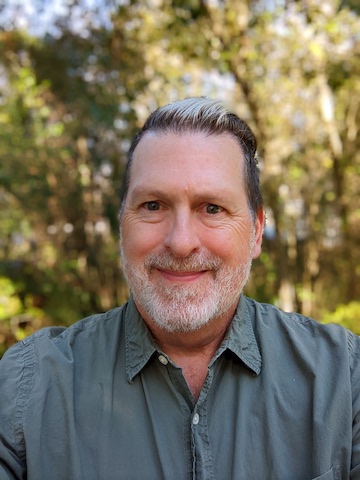
In 1940, Woody Guthrie wrote “This Land Is Your Land,” a song that suggests America is not a perfect and exclusive edifice, but an inclusive project that is constantly being made and remade by everyone who walks upon its ground.
I often think about this when I see some writers approach poetic form as an “exclusive edifice,” blindly allegiant to certain established traditions. While there’s nothing wrong with writing wholly within received formal frameworks, I think it’s much more exciting to bring an individual spirit of restless inventiveness to the page.
The sonnet, the villanelle, the sestina, etc. don’t have to be seen as sacrosanct forms to be approached only with meek reverence. Isn’t it more exciting (and inclusive) to see them as evidence of individual formal inventiveness past? Can’t we explore that same inventiveness by tinkering with their rules? And can’t we use the tools their creators used—meter, rhyme, refrain, stanza-building—to invent new forms ourselves? Form is not blessed by a poetic deity, only to be approached with deferential reverence. Form was made for you and me!
This two-day workshop will explore ways that we might tinker with the rules of received forms—subtly or radically—to breathe new life into old traditions, as well as ways that we might take ownership of the building blocks of form to invent something wholly new, something that might begin a tradition of its own.
Participants will be invited to share their own work with the class and will also be provided with prompts to generate new work at the conference and beyond.
Dan Albergotti is the author of The Boatloads (BOA Editions, 2008) and Millennial Teeth (Southern Illinois University Press, 2014), as well as the chapbooks Of Air and Earth (Unicorn Press, 2019) and Circa MMXX (Unicorn Press, 2022). He has received fellowships from the Bread Loaf Writers’ Conference, the Sewanee Writers’ Conference, the Virginia Center for the Creative Arts, and the Amy Clampitt House. His work has appeared widely in literary journals and anthologies, including 32 Poems, Birmingham Poetry Review, The Cincinnati Review, Copper Nickel, Ecotone, The Southern Review, The New York Times Magazine, The Best American Poetry, and The Pushcart Prize. Albergotti is a professor of English at Coastal Carolina University.
30 Minute Metrical Consultation
With Anna M. Evans

Have you always wanted to write in meter, but find that its rhythms and subtleties elude you? Or, do you have a metrical poem or poem project for which you can’t quite get the meter RIGHT? Have no fear, Anna M. Evans is here to help. Her undergraduate-tested method of ‘teaching’ meter will have you effortlessly creating iambic pentameter in no time. And she never met a line she couldn’t fix (← that’s iambic pentameter right there, admittedly with a first foot anapest). Sign up for a 30 minute tutorial, and Anna will email you to arrange a time convenient to you at the conference.
The Mezzo Cammin Women Poets Timeline Project, an online database currently containing 50+ such essays founded by Dr. Kim Bridgford, will return next year.
Anna M. Evans’ poems have appeared in the Harvard Review, Atlanta Review, Rattle, American Arts Quarterly, and 32 Poems. She gained her MFA from Bennington College. Recipient of Fellowships from the MacDowell Artists’ Colony and the Virginia Center for the Creative Arts, and winner of the 2012 Rattle Poetry Prize Readers’ Choice Award, she currently teaches at West Windsor Art Center and Rowan College at Burlington County. Her sonnet collection, Sisters & Courtesans, is available from White Violet Press. Her new collection, Under Dark Waters: Surviving the Titanic, is available from Able Muse Press. Visit her online at annamevans.com.
One-Day Workshops
THE WRITTEN WORD HEARD: FROM THE PAGE TO THE STAGE
WITH CHAD ABUSHANAB
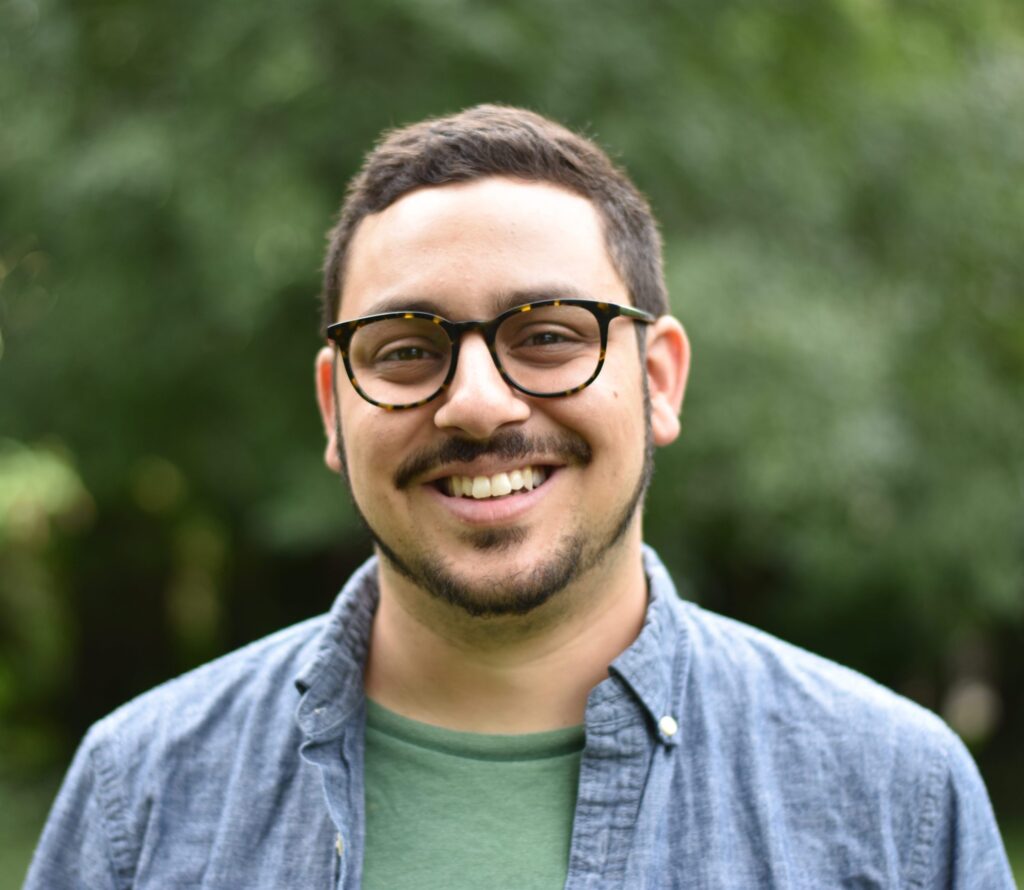
Nothing beats a good poetry reading — except a great one. While some critics have spent lifetimes trying to decouple the language of poetry from the language of music, I think we can all agree that poetry captures something musical in the ways we speak. We’re not talking sharps and flats, but timbre and tempo and intensity. The rising and falling of voice. The ways we shift our pitch and tone depending on what we want to say and how we want to say it. In this workshop, we will examine a range of poems that feel particularly ripe for live performance, identify just what makes these pieces so dynamic on the stage, and learn to incorporate those elements into our own poems — creating new work and revising old to sound more dramatic, more impactful, and, yes — more musical. Poets should bring 1-3 poems, from which we’ll choose one to workshop.
Chad Abushanab is the author of The Last Visit, which won the 2018 Donald Justice Poetry Prize. His poems have appeared in the New York Times Magazine, Sewanee Review, Ecotone, The Believer, Best New Poets, Southern Poetry Review, and many other publications. He is an Assistant Professor of English at Bemidji State University located in the north woods of Minnesota. Read more at www.chadabushanab.com.
SUPPOSED PEOPLE: PERSONA POEMS AND DRAMATIC MONOLOGUES
WITH AUSTIN ALLEN

Emily Dickinson once told T. W. Higginson: “When I state myself, as the Representative of the Verse—it does not mean—me—but a supposed person.” Similarly, critics use the term “speaker,” wary of conflating the poet and the voice on the page. As poets know, that wariness is often wise. In this session, we’ll workshop poems whose speaker feels meaningfully different from you, the writer—including persona poems, dramatic monologues, and poems in the voice of a younger or older self. In the process, we’ll consider what makes a convincing poetic alter ego and how subtle changes in poetic voice can alter the reader’s experience. Along with their complicated selves, poets should bring a single poem (2 pages max) for critique.
Austin Allen’s debut poetry collection, Pleasures of the Game (Waywiser Press, 2016), was awarded the Anthony Hecht Poetry Prize. His poetry has recently appeared in The Hopkins Review, The Sewanee Review, The Yale Review, and Literary Matters, and his criticism has been featured by the Poetry Foundation, The Los Angeles Review of Books, and other outlets. He is a former Walter E. Dakin Fellow in Poetry at the Sewanee Writers’ Conference and has taught creative writing at Johns Hopkins University and the University of Cincinnati.
CUT-UP, COLLAGE, AND CRIBBING: A GENERATIVE POETRY WORKSHOP
WITH MATT W. MILLER

There’s nothing more terrifying to the poet than the blank page, not knowing how to start and with the crushing weight of infinite possibility available. In this workshop we will whittle away the infinite and sidestep this terror by starting from words that are already out there. We will look at works of other poets as stepping-off points using lines, language, cut-ups and collages, and even form as ways to begin, insert, or just scaffold our own poems. And then we’ll see what happens when we pull that scaffolding away. Taking the adage that “good artists borrow, and great artist steal,” we will beg, borrow, and steal poems into existence.
Matt W Miller is the author of Tender the River (Texas Review Press), shortlisted for the Eric Hoffer Book Award, the Eric Hoofer Provocateur Award, a finalist for the Jacar Press Julie Suk Award and runner-up for the Poetry by the Sea Book Award. Other books include The Wounded for the Water (Salmon Poetry), Club Icarus (University of North Texas Press), selected by Major Jackson as the 2012 Vassar Miller Poetry Prize winner, and Cameo Diner: Poems (Loom). He has published work in Harvard Review, Gulf Coast, Narrative Magazine, Rhino Poetry, Southwest Review, Third Coast, Adroit Journal, and Poetry Daily, among other journals. He was a winner of Nimrod International’s Pablo Neruda Prize, the Poetry by The Sea Sonnet Crown Contest, the River Styx Micro-fiction Prize, the Iron Horse Review’s Trifecta Poetry Prize. Miller is the recipient of a Wallace Stegner Fellowship in Poetry and a Walter E. Dakin Fellowship in Poetry from the Sewanee Writers’ Conference. He teaches English and coaches football at Phillips Exeter Academy and lives with his family in coastal New Hampshire.
A FEAST OF FREE-VERSE FORMS
WITH CLARE ROSSINI
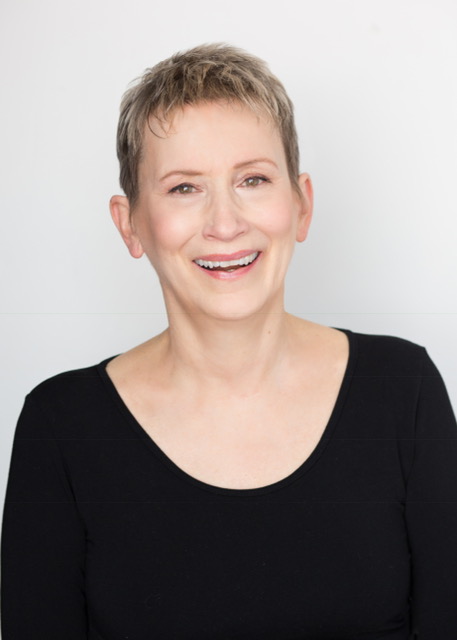
Free verse “form”? Isn’t that an oxymoron? But in fact, most free-verse poets create an infrastructure of stanza, line, and white space to give their poems a distinctive look on the page and, equally important, an original music. We’ll look at a wide variety of models by contemporary American poets; a packet of examples will be provided to each participant. Before the workshop, participants will submit a short poem (12-15 lines) of their own whose form they’d like to experiment with; in our time together, we’ll take a look at these, discussing what free verse form might suit the poem’s subject matter and spirit.
Clare Rossini’s third collection, Lingo, was published by University of Akron Press. Her poems and essays have appeared in journals and anthologies such as The Paris Review, The Kenyon Review, The Iowa Review, Crab Orchard Review, Ploughshares, Poetry, and the Best American Poetry series. The Poetry of Capital, an anthology Rossini co-edited, was published by the University of Wisconsin Press in 2021. Her poems have been featured on Connecticut Public Radio and the BBC. She has received fellowships from the Connecticut Commission on the Arts, the Minnesota State Arts Board, the Maxwell Shepherd Foundation, and the Bush Foundation, and has had residencies at Yaddo, MacDowell, and the Vermont Studio Center. Rossini taught for many years in the Vermont College low-residency MFA Program. She currently serves as Artist-in-Residence in the English Department at Trinity College in Hartford, teaching creative writing courses and directing an arts outreach program which places college students in a core-city public-school art classroom.
